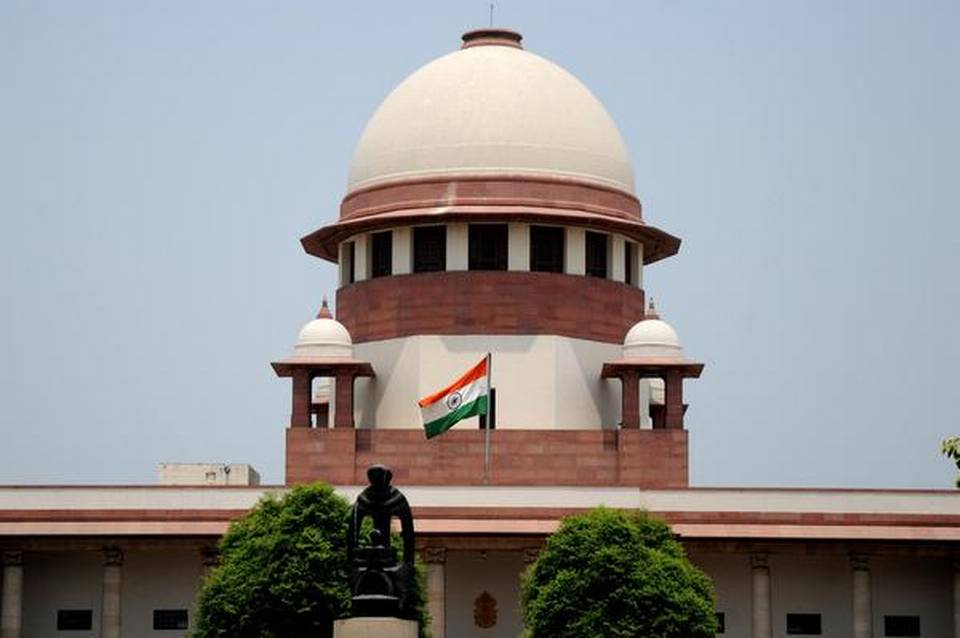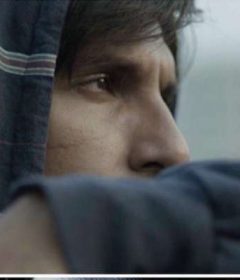SC gives time to Gujarat to explain why report on 22 ‘encounters’ should not be made available to petitioners

Bench led by Chief Justice of India Ranjan Gogoi makes its intention clear that it will hear the PIL pleas that have been pending for years in the court adjourned from date to date.
The Supreme Court on Monday, December 3, 2018, gave the Gujarat government an opportunity to file an affidavit giving reasons why an apex court-appointed committee’s report on 22 ‘fake’ police encounters, which occurred during Narendra Modi’s chief ministership between 2002 and 2006, should not be made available to petitioners seeking a fair and independent probe into the killings.
A Bench led by Chief Justice of India Ranjan Gogoi made its intention clear that it would hear the PILs, which have been pending for years in the court, adjourned from date to date.
“We have to get to this… when do we do it?” Chief Justice Gogoi addressed the lawyers with the petition in hand, referring to the case’s long pendency in court.
Advocates Prashant Bhushan and Nitya Ramakrishnan, for petitioners B.G. Verghese and lyricist Javed Akhtar, said a committee appointed by the Supreme Court and led by its former judge, Justice H.S. Bedi, has filed a report in the apex court earlier this year after completing its inquiry into the encounter cases.
“Report copy needs to be supplied,” Mr. Bhushan addressed the Bench, also comprising Justices S.K. Kaul and K.M. Joseph.
But at this point, Solicitor General Tushar Mehta intervened, saying the copy of the report should not be shared immediately. He said he had “something responsible to say.”
“Ok, say it,” Chief Justice Gogoi told him. But Mr. Mehta said he would prefer to put it down in an affidavit.
In its order, the court recorded the S-G’s objection, saying, “The Solicitor General wants to submit an affidavit before the court about making available the inquiry report.”
The court stood firm and posted the next hearing for December 12 though Mr. Mehta urged it to list the case after the winter vacations in January.
In 2012, Justice Bedi had replaced Justice M.B. Shah as the committee’s chairperson. The petitions had sought independent investigations by CBI/ SIT alleging fake encounters and cover up into killings in cold blood.
Even then the apex court had noted that the case has been “pending for years without any substantive orders passed.” It had asked the committee to “look into all these cases thoroughly so that the truth is revealed.”
In his petition filed in 2007 in the Supreme Court, Mr. Verghese had raised suspicions about the encounter deaths between 2003 and 2006. He produced on record before the court the very list that the Gujarat government had furnished to the State Legislative Assembly on the details of the encounters.
The list, he had alleged, showed that the encounter killings span a range of persons that includes workmen who have come in from outside the State to suspected terrorists. The ages of those killed are in the range between 22 and 37. It was not clear if the families of those killed were even aware of the fate of these young persons.
“There is a need to investigate this pattern and there must be a system in place to ensure that armed personnel do not easily do away with lives of citizens,” he had submitted.
Mr. Akhtar had highlighted a case involving the killing of Sameer Khan and alleged that in all these cases the police version was invariably that the victims were terrorists from Jaish-e-Mohammed on a mission to assassinate Mr. Modi.
The court had then made it clear that the cases did not include those already under investigation by the CBI or SIT as per Supreme Court or High Court orders. This would mean the Sohrabuddin-Kauser Bi,Tulsiram Prajapati and Ishrat Jahan cases were outside purview.
Courtesy By :- The Hindu



